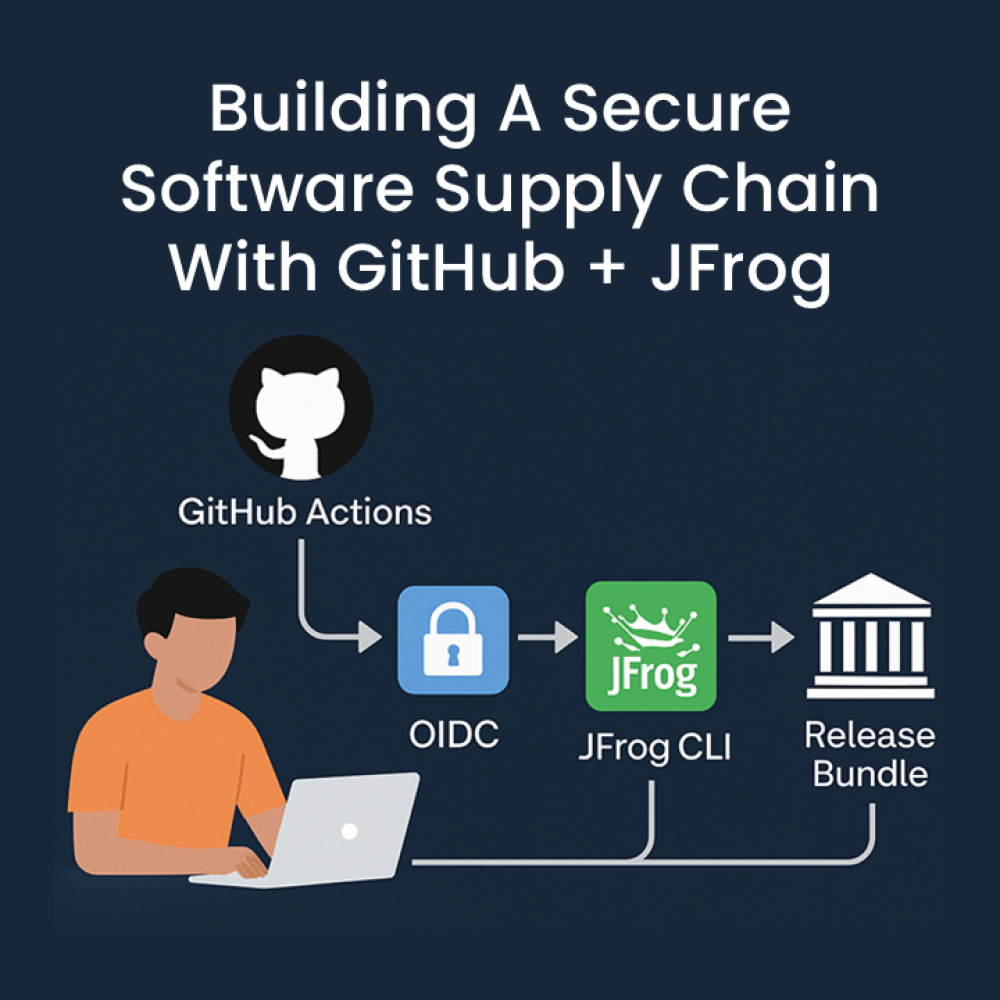Millions of developers rely on GitHub for their software projects, and for good reason. The platform offers numerous benefits, from seamless collaboration and powerful version control to extensive integrations and built-in security features. However, for those using a different system, migrating to GitHub might seem daunting. Despite this, there are compelling reasons to make the switch to GitHub, such as enhanced automation with GitHub Actions, streamlined code reviews, and access to a global developer community. In the ever-evolving world of software development, efficiency is paramount. For many developers, the question arises: is it time to migrate projects to GitHub? The answer, in most cases, is a resounding yes. Below, we’ll explore in detail the six main benefits of a GitHub migration so you can feel confident about the switch.

The Benefits of a GitHub Migration
1. Enhanced Collaboration and Communication:
Streamlined Workflow: GitHub fosters seamless collaboration through features like pull requests and issue tracking. Team members can propose code changes, discuss modifications, and track progress efficiently. This eliminates version control conflicts and confusion, leading to faster development cycles and improved code quality.
Global Reach: GitHub fosters a global developer community, making it easier to find collaborators with the specific skillsets your project needs. Public repositories allow open-source contributions, potentially accelerating development and attracting talent.
2. Improved Workflow and Productivity:
Automation Power: GitHub Actions empowers you to automate repetitive tasks, freeing developers to focus on strategic initiatives. Integrate continuous integration/continuous delivery (CI/CD) pipelines for automatic testing and deployment, streamlining the software release process.
Streamlined Code Reviews: Code review processes are more streamlined with GitHub’s pull request system. Reviewers can easily comment on specific lines of code, request changes, and approve pull requests, leading to higher code quality and faster iteration cycles.
Extensive Integrations: GitHub integrates with a wide range of tools and services, from project management platforms like Jira and Trello to cloud services like AWS and Azure. These integrations enable a seamless workflow, allowing developers to manage their entire development lifecycle from within GitHub.
Centralised Hub: GitHub acts as a centralised hub for your codebase, documentation, and project management tools. This eliminates the need to juggle multiple platforms, saving developers precious time and keeping everyone on the same page.
3. Maximised Return on Investment (ROI):
Reduced Costs: Migrating to GitHub can potentially reduce software licensing costs associated with proprietary version control systems. The platform’s freemium model offers robust features for individual developers and open-source projects, while paid plans scale to meet the needs of larger organisations.
Improved Visibility: Public GitHub repositories showcase your project to the world, attracting potential users and contributors. This can lead to increased adoption and faster development, ultimately enhancing the value of your software.
4. Robust Security and Compliance:
Built-In Security Features: GitHub offers built-in security features like dependency scanning, secret scanning, and code scanning, which help identify and mitigate vulnerabilities early in the development process. These proactive measures ensure that your codebase remains secure and compliant with industry standards.
Access Controls and Permissions with GitHub: You can set granular access controls and permissions to safeguard your repositories. This ensures that only authorised personnel have access to sensitive information, reducing the risk of data breaches and unauthorised access.
Compliance and Auditing: GitHub provides detailed audit logs and compliance reports, making it easier to track changes and ensure adherence to regulatory requirements. This is particularly important for organisations operating in highly regulated industries.
5. Scalability and Flexibility:
Scalable Infrastructure: GitHub’s cloud-based infrastructure is designed to scale with your organisation. Whether you’re a small team or a large enterprise, GitHub can handle your growing needs without compromising performance or reliability.
Flexibility in Deployment: GitHub supports a variety of deployment options, including GitHub Enterprise Cloud and GitHub Enterprise Server. This flexibility allows you to choose the deployment model that best suits your organisational needs, whether it’s a fully managed cloud solution or an on-premises deployment.
6. Community and Ecosystem:
Access to Open-Source Community: GitHub is home to millions of open-source projects and contributors. By migrating to GitHub, your organisation can tap into this vast community, leveraging open-source tools, libraries, and best practices to accelerate development and innovation.
Extensive Marketplace: GitHub Marketplace offers a wide range of third-party apps and tools that can enhance your development workflow. From code quality tools to project management integrations, the marketplace provides solutions to fit every need, enabling you to customise your GitHub experience.
Conclusion
Migrating to GitHub offers a multitude of benefits that can transform your development process. From enhanced collaboration and productivity to increased ROI and robust security, GitHub provides a comprehensive platform that meets the needs of modern development teams. By making the switch, your organisation can stay ahead of the curve, delivering high-quality software faster and more efficiently.
As one of the few certified Australian companies specialising in DevOps with GitHub, we are uniquely positioned to address your DevOps needs. Get in touch with one of our DevSecOps experts to see how we can drive business success for your organisation.

